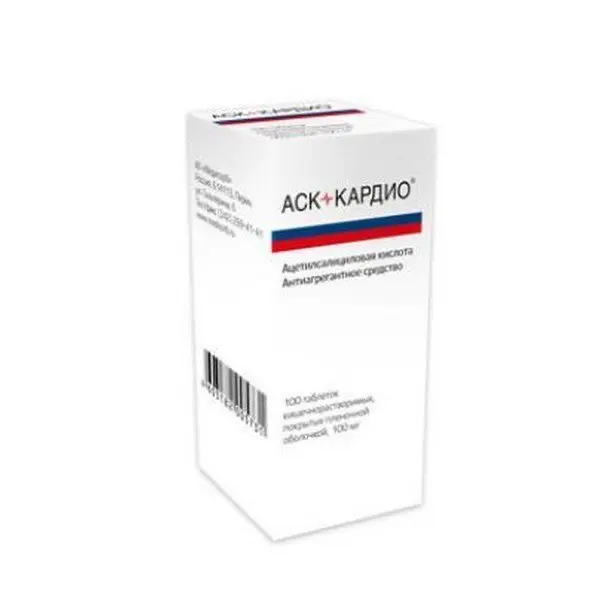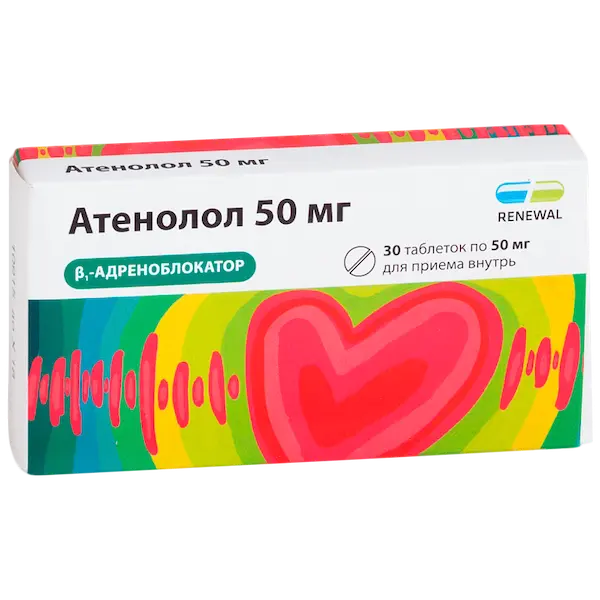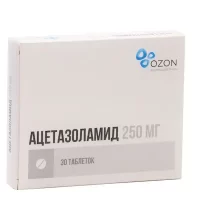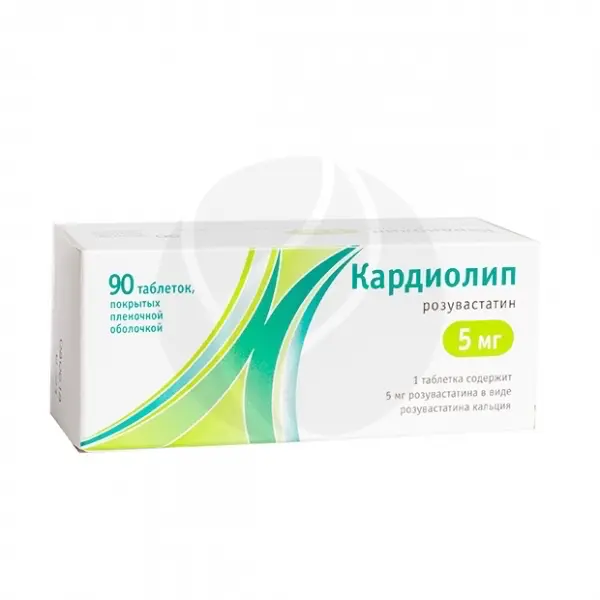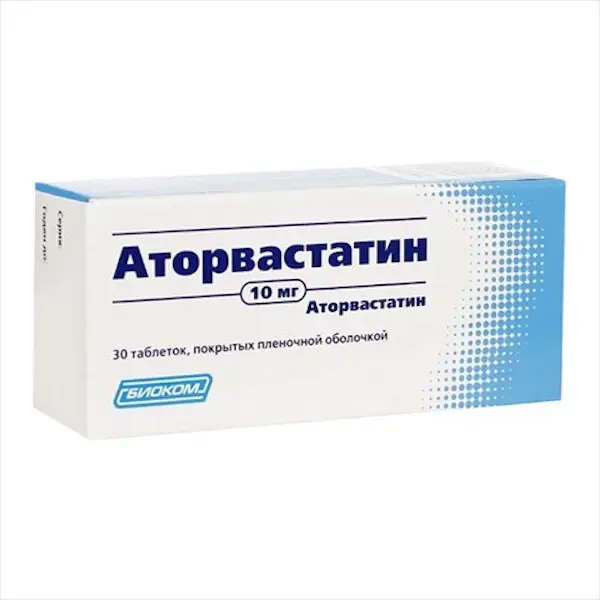Description
ASK-Cardio Pharmacodynamics
The mechanism of antiplatelet action of acetylsalicylic acid (ASA) is based on irreversible inhibition of cyclooxygenase (COX-1), which blocks the synthesis of thromboxane A2 and inhibits platelet aggregation. The anti-aggregant effect is most pronounced in platelets, since they are unable to re-synthesize cyclooxygenase. It is believed that ASA has other mechanisms to inhibit platelet aggregation, which expands the field of its use in various vascular diseases.
ASA also has anti-inflammatory, analgesic and antipyretic effects.
Indications
– Unstable angina pectoris and stable angina pectoris;
– Prevention of recurrent myocardial infarction;
– Prevention of recurrent transient ischemic attack (TIA) and repeated ischemic stroke in patients who have previously suffered a cerebral circulation disorder;
– Prevention of thrombotic complications after operations and invasive vascular interventions (such as coronary artery bypass grafting, carotid endarterectomy, arteriovenous bypass grafting, coronary angioplasty and stenting, carotid angioplasty).
Contraindications
– Hypersensitivity to acetylsalicylic acid, excipients in the drug or nonsteroidal anti-inflammatory drugs (NSAIDs);
– bronchial asthma, induced by taking salicylates and other NSAIDs; combination of bronchial asthma, recurrent polyposis of the nose and sinuses and ASA intolerance;
– gastrointestinal erosive and ulcerative lesions (acute stage);
– gastrointestinal bleeding;
– hemorrhagic diathesis;
– Combined use with methotrexate at a dose of 15 mg or more per week;
– Pregnancy (I and III trimesters) and breast-feeding;
– Under 18 years of age (due to lack of efficacy and safety data);
– Severe renal impairment;
– Severe hepatic impairment;
– chronic heart failure III-IV functional class according to NYHA classification;
– Lactose intolerance, lactase deficiency and glucose-galactose malabsorption.
Caution
– Hypersensitivity to analgesics, anti-inflammatory drugs, anti-rheumatic drugs, as well as allergic reactions to other substances;
– history of gastrointestinal ulcers, including chronic and recurrent gastrointestinal lesions or a history of gastrointestinal bleeding;
– in gout, hyperuricemia;
– In patients with liver dysfunction;
– in impaired renal function;
– circulatory disorders due to atherosclerosis of renal arteries, congestive heart failure, hypovolemia, extensive surgery, sepsis, cases of massive bleeding;
– in bronchial asthma, chronic respiratory diseases, hay fever, nasal polyposis, chronic respiratory diseases, and allergic reactions to other medications (e.g., skin reactions, itching, urticaria);
– in severe forms of glucose-6-phosphate dehydrogenase deficiency;
– in the second trimester of pregnancy;
– In anticipated surgical procedures (including minor ones, such as tooth extraction);
– when combined with the following medicinal products (see section “Interaction with other medicinal products”):
– With methotrexate at a dose of less than 15 mg per week;
– with anticoagulants, thrombolytics or other antiaggregants;
– with methamisole and other NSAIDs (including ibuprofen, naproxen);
– digoxin;
– hypoglycemic oral hypoglycemic agents (sulfonylurea derivatives) and insulin;
– with valproic acid;
– with alcohol (alcoholic beverages in particular);
– With selective serotonin reuptake inhibitors.
If you have one of the above mentioned diseases, you should consult your doctor before using the drug.
Dosage and administration
- It is advisable to take the drug at least 30 minutes before a meal with plenty of water. Tablets should not be broken, crushed or chewed to ensure release of ASK in alkaline environment of duodenum. Tablets ASK-Cardio® are taken once a day or every other day. The drug is intended for long-term use. The duration of therapy is determined by the physician.
- Unstable angina pectoris and stable angina pectoris – 100-300 mg/day.
Prevention of recurrent myocardial infarction – 100-300 mg/day.
Prevention of recurrent transient ischemic attack (TIA) and recurrent ischemic stroke – 100-300 mg/day. - Prevention of thrombotic complications after operations and invasive vascular interventions – 100-300 mg/day.
- Actions for missing one or more doses of the drug:
Take the missed tablet as soon as you remember it and then continue taking it as usual. To avoid doubling the dose, do not take the missed tablet if the time for the next tablet is approaching. - Peculiarities of the drug’s action when taking it for the first time and when cancelling it:
No peculiarities of the action of ASA when first taking or cancelling it have been observed.
Special patient groups - Children
Safety and efficacy of ASA administration in children and adolescents under 18 years old has not been established. ASK-Cardio® is contraindicated in patients under 18 years old. - Patients with liver dysfunction
The drug is contraindicated in patients with severe liver dysfunction. Caution should be exercised when using ASK-Cardio® in patients with liver dysfunction. - Patients with renal dysfunction
The drug is contraindicated in patients with severe renal dysfunction. Caution should be exercised when using ASK-Cardio® in patients with impaired renal function, because ASK administration may increase the risk of renal failure and acute renal failure.
If after treatment no improvement occurs or symptoms worsen or new symptoms appear, consult a physician. - Use the drug only according to the indications, the route of administration and the doses stated in the instructions for use of the drug.

